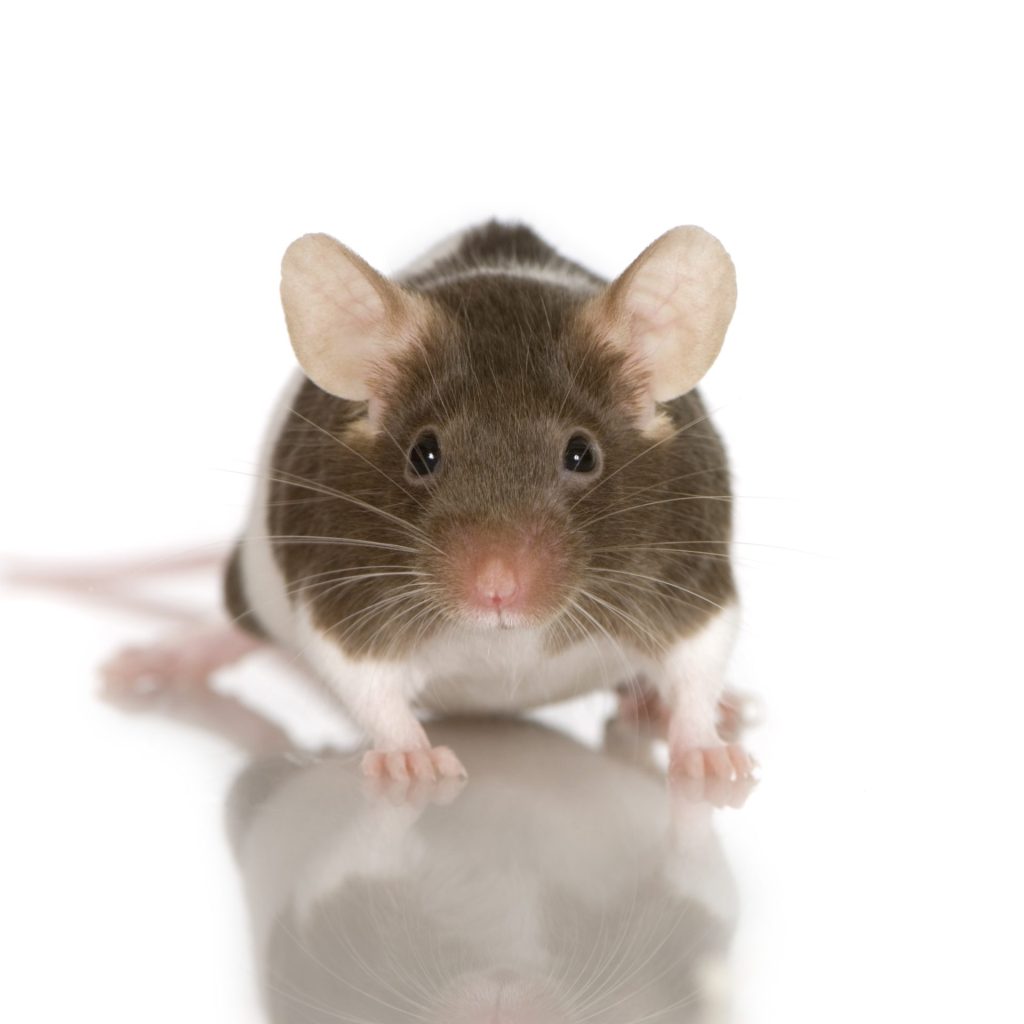When rodents invade your home, they often target your HVAC system as their preferred highway and nesting ground. Understanding how these unwanted guests infiltrate your heating and cooling system is crucial for protecting your home's air quality and maintaining optimal system performance.
Entry Points: How Rodents Get In
Rodents are remarkably resourceful when it comes to accessing your HVAC system. They typically enter through small gaps around ductwork connections, damaged vent covers, or openings where pipes and electrical lines penetrate walls. Even a gap as small as a quarter-inch can provide entry for mice, while rats need only a half-inch opening.
Outdoor air conditioning units present another common entry point. Rodents often squeeze through damaged condenser unit panels or gaps around refrigerant lines. Once inside, they use your ductwork as a protected tunnel system throughout your home.
HVAC Nests and Physical Damage
Once rodents establish themselves in your HVAC system, they begin nesting using insulation, paper, and fabric. This air duct invasion creates significant problems beyond just the initial rodent infestation. Their constant gnawing can damage ductwork, insulation, and even electrical wiring, potentially creating fire hazards.
Rodent droppings and urine accumulate in ducts and near air handlers, while deceased rodents can become trapped in inaccessible areas. This organic matter decomposes over time, creating persistent odors that circulate throughout your home.
Health Risks and Air Quality
The impact on your home air quality can be severe when rodents contaminate your HVAC system. Their droppings and urine contain bacteria, viruses, and allergens that get distributed through your ductwork every time your system operates. These contaminants can trigger respiratory issues, allergies, and other health risks for your family.
Rodent-borne diseases like Hantavirus can become airborne, making proper cleanup and sanitization essential for protecting your household's health.
System Malfunctions
Beyond health concerns, rodent activity causes mechanical problems that affect your HVAC system's efficiency. Nesting materials can block airflow, forcing your system to work harder and increasing energy costs. Chewed wiring can cause system failures or create safety hazards requiring immediate professional attention.
Damaged insulation around ducts reduces your system's efficiency, leading to inconsistent temperatures in your home and higher utility bills.
Early Detection and Prevention
Prompt detection is key to minimizing damage from rodent invasion. Look for droppings around vents, unusual odors when your system runs, scratching sounds in walls or ducts, and visible damage to outdoor units.
For prevention, seal exterior gaps with steel wool and caulk, maintain proper landscaping around outdoor units, and schedule regular HVAC maintenance to identify potential entry points. While you can handle basic prevention measures, professional inspection and cleanup are essential for addressing established infestations safely.
Professional HVAC Solutions
When dealing with rodent infestation in your HVAC system, professional intervention ensures thorough cleanup and proper sanitization. Clements Plumbing Heating and Air's experienced team can assess damage, clean contaminated areas, and restore your system's integrity while implementing prevention strategies.
Don't let rodents compromise your home's comfort and safety. Contact us today for expert HVAC repair and let us help you find a quality rodent control service in Nevada, Lamar, and Carthage, Missouri.
